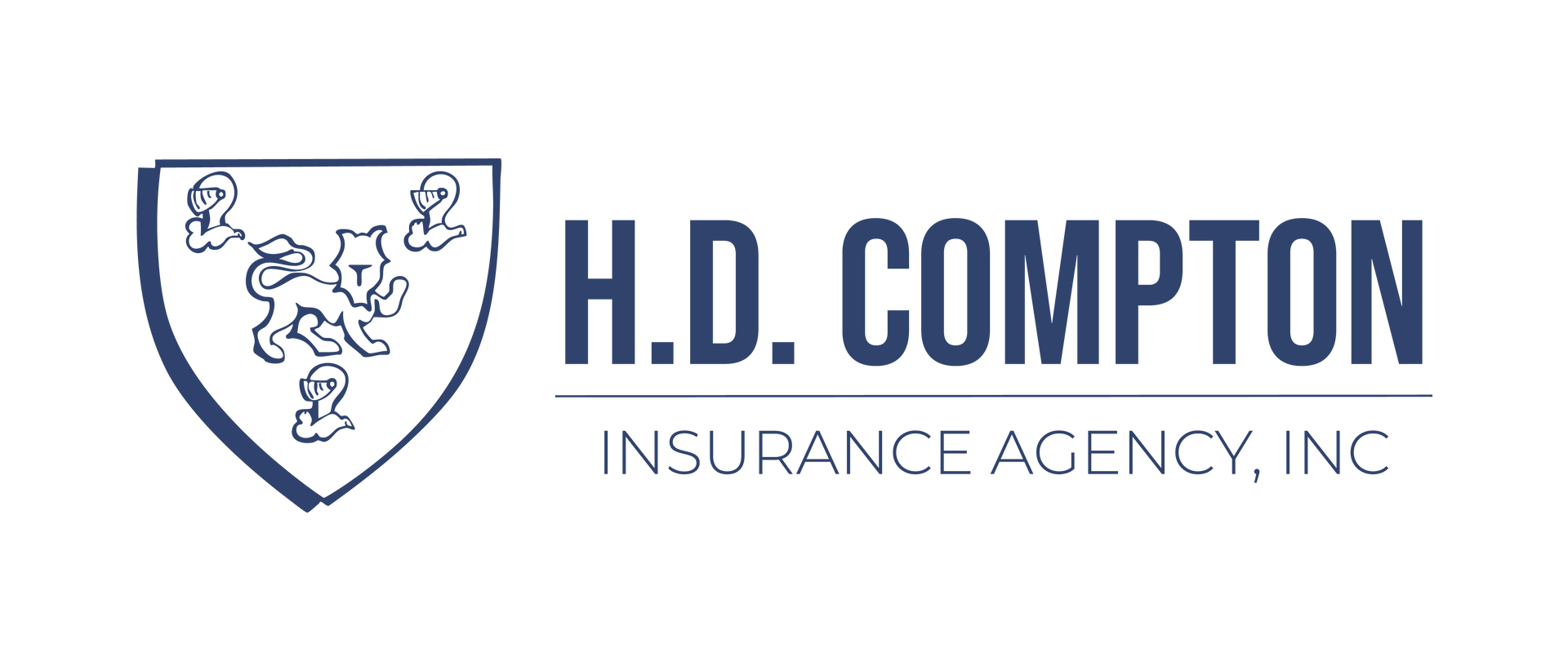Homeowners often face the daunting challenges of dealing with property line disputes and unexpected property damage. Whether it's a tree crashing onto your home during a storm or fire spreading from a neighbor’s house, such incidents can be incredibly stressful. Understanding your insurance responsibilities and options is crucial to securing financial protection in these scenarios. This blog will delve into common questions about homeowners insurance and property boundaries to provide clarity and peace of mind.
Tree Damage Responsibility
One frequent concern is trees falling onto your property. If a tree from your neighbor’s yard collapses onto your home during a storm, your insurance typically covers the damage. However, if the tree was already dead or in poor condition, and your neighbor was aware of the potential risk, their insurance might be liable for the damages.
Fire Damage from a Neighbor’s Property
Another scenario to consider is fire damage originating from a neighboring property. Homeowners insurance usually covers fire damage caused by such an incident. If the fire was due to negligence, such as an unattended candle or faulty wiring, your insurance provider might pursue reimbursement from the responsible party’s insurance policy.
Flooding from a Neighbor’s Property
Flooding is another complex issue, especially when it involves a neighbor’s property. Proving negligence, in this case, can be challenging — whether the damage results from bad drainage, malfunctioning downspouts, or landscaping alterations. Homeowners insurance usually does not cover flooding, often necessitating a separate flood insurance policy.
Shared Fence Repair Costs
If a storm damages a shared fence, both homeowners typically share the cost of repairs. However, if the damage is directly caused by one homeowner's actions, that party may be responsible for the full repair cost.
The Insurance Claims Process
Understanding the insurance claims process can alleviate worries when neighbor-related damages occur. Insurers often handle these claims based on evidence of negligence. Through subrogation, an insurer can seek compensation from the responsible party's insurance if negligence is established. If negligence isn't proven, your policy will generally cover the repair costs without involving your neighbor’s insurance.
We encourage homeowners to regularly review their insurance policies and consider additional coverage options, such as flood insurance, to ensure comprehensive protection. To fully understand your coverage and get peace of mind, consulting an insurance professional is a wise step.


